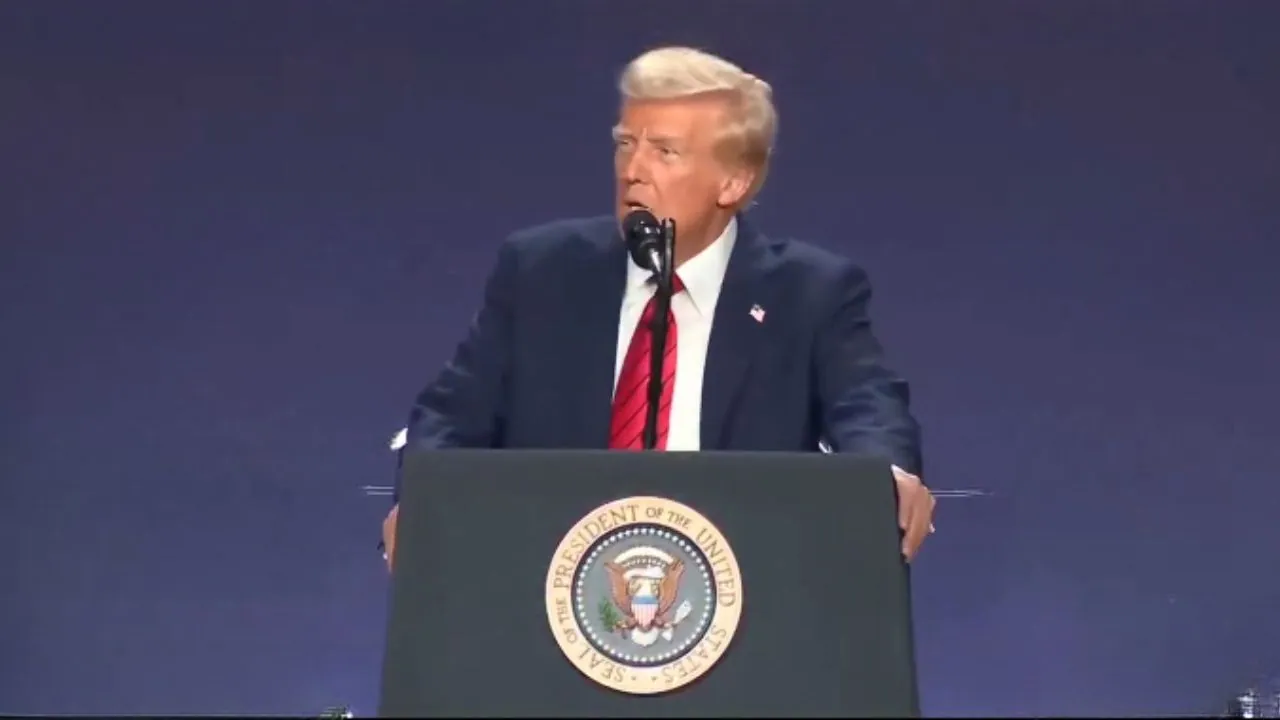In a major move to safeguard American automotive manufacturing, President Donald Trump has announced a 25% tariff on imported cars and certain auto parts, set to take effect in April and May 2025. The decision, based on findings from the Department of Commerce, aims to counteract what Trump calls a “growing threat to national security” posed by foreign automotive imports.
Why the Tariffs?
The move follows a 2019 investigation that found imported automobiles and auto parts were undermining the U.S. auto industry, leading to job losses and weakened supply chains. The situation worsened after the COVID-19 pandemic, which exposed vulnerabilities in global manufacturing and caused shortages in materials, labor, and electrical components—all of which impacted U.S. automakers.
Trump’s administration had attempted negotiations with countries like Japan and the European Union, but no trade deals were reached. Now, citing unfair foreign subsidies and stagnant U.S. production levels, he’s taking direct action with tariffs.
How Will It Work?
- A 25% tariff will apply to all imported cars and auto parts starting April 3, 2025.
- Automobiles qualifying under the USMCA trade agreement may receive partial exemptions based on their percentage of U.S.-made components.
- Strict penalties for misreporting U.S. content—if importers overstate American-made parts, the tariff will apply to the full vehicle price retroactively.
- The tariff may expand to include additional auto parts in the future, depending on market trends.
Impact on Consumers and Automakers
While the move is designed to boost American manufacturing, it could also lead to higher car prices for U.S. consumers. Foreign automakers who import their vehicles and parts into the U.S. may need to adjust pricing or shift production to avoid the steep tariff.
Trump emphasized that the U.S. must “eliminate the threat to national security” posed by auto imports and ensure America’s ability to produce vehicles domestically. He also signaled that future policy changes could further strengthen these protections.
The auto industry, trade experts, and global automakers are now closely watching how these tariffs will reshape the market. Will it revive American car manufacturing or trigger a global trade war? The coming months will tell.
Source: The White House

